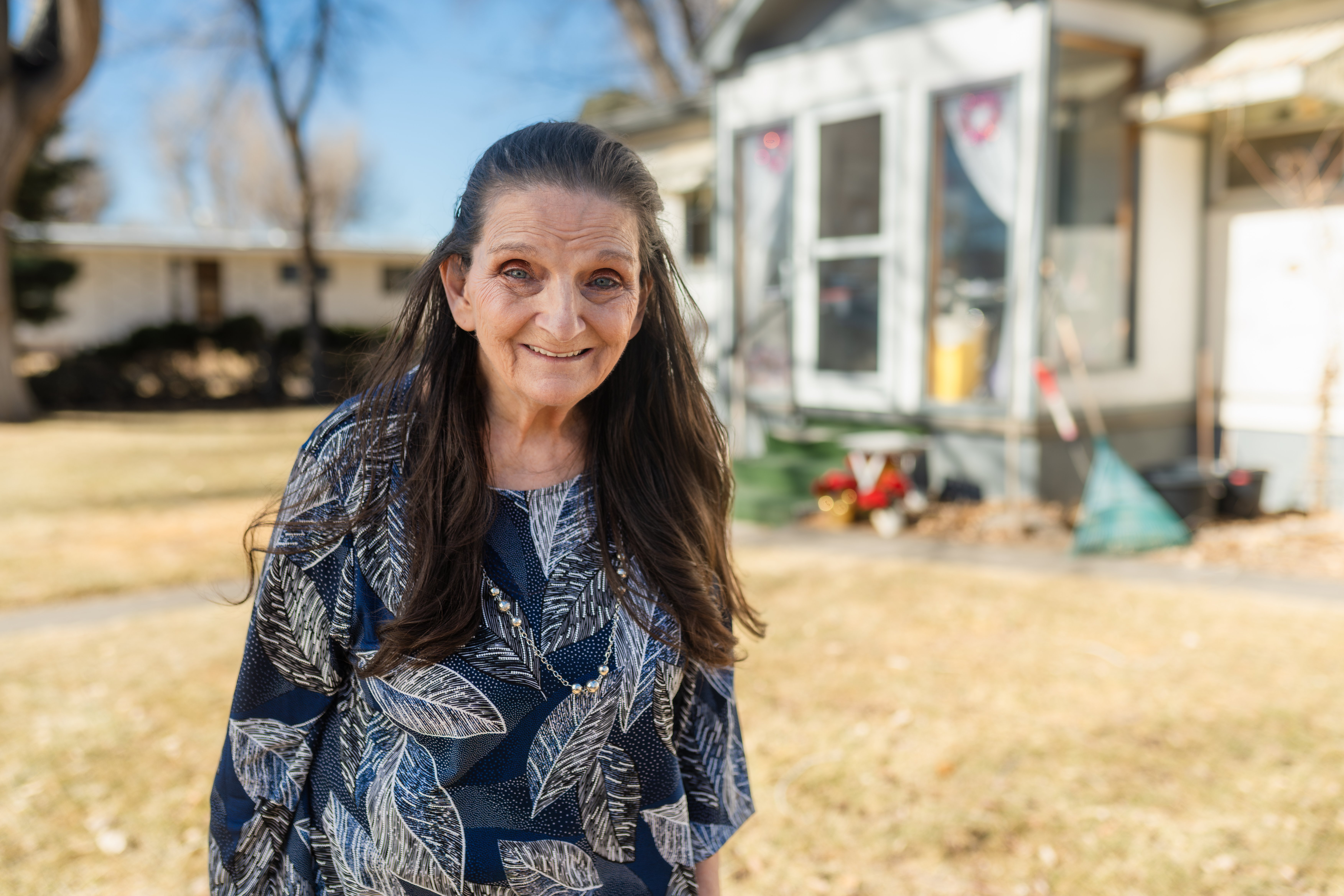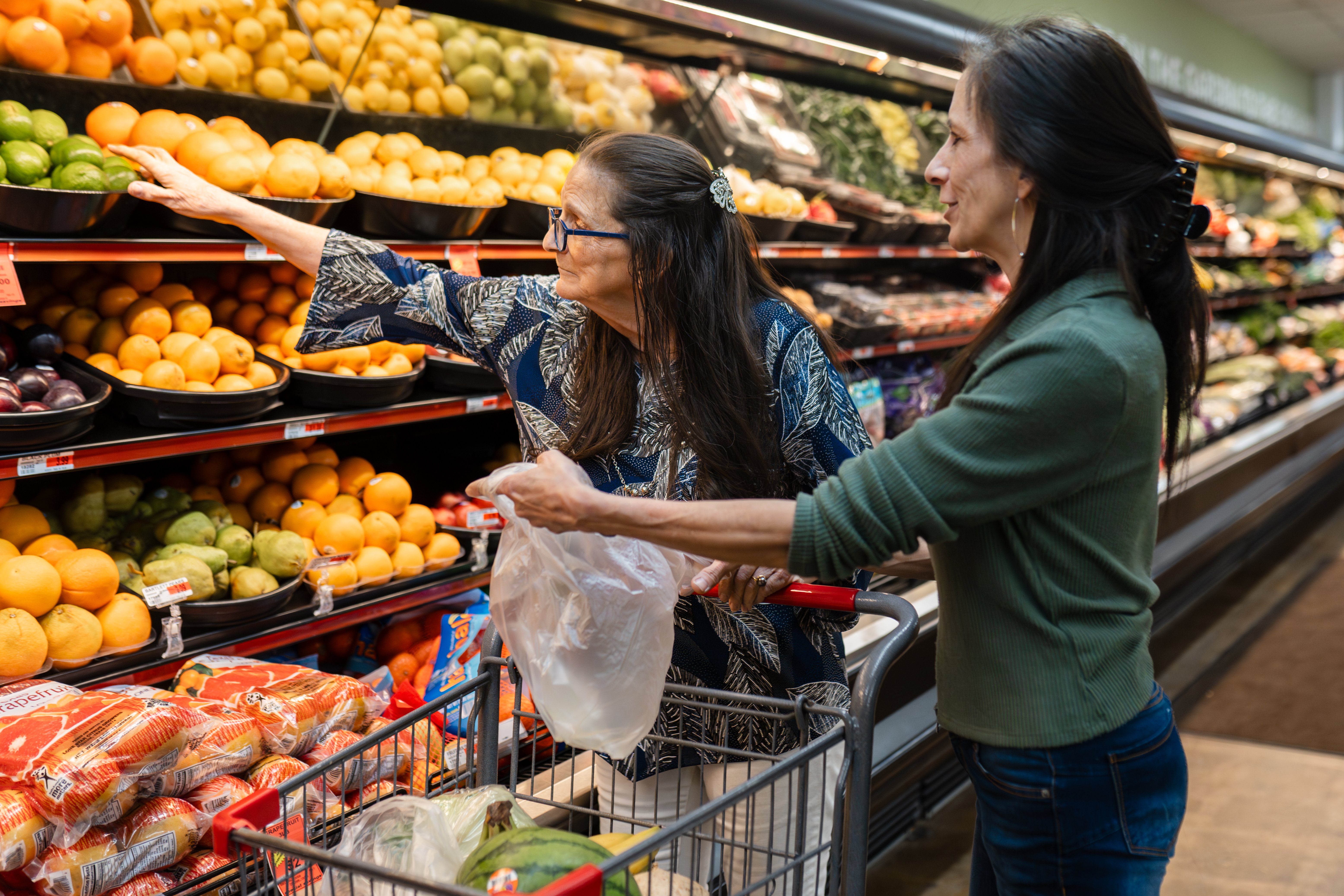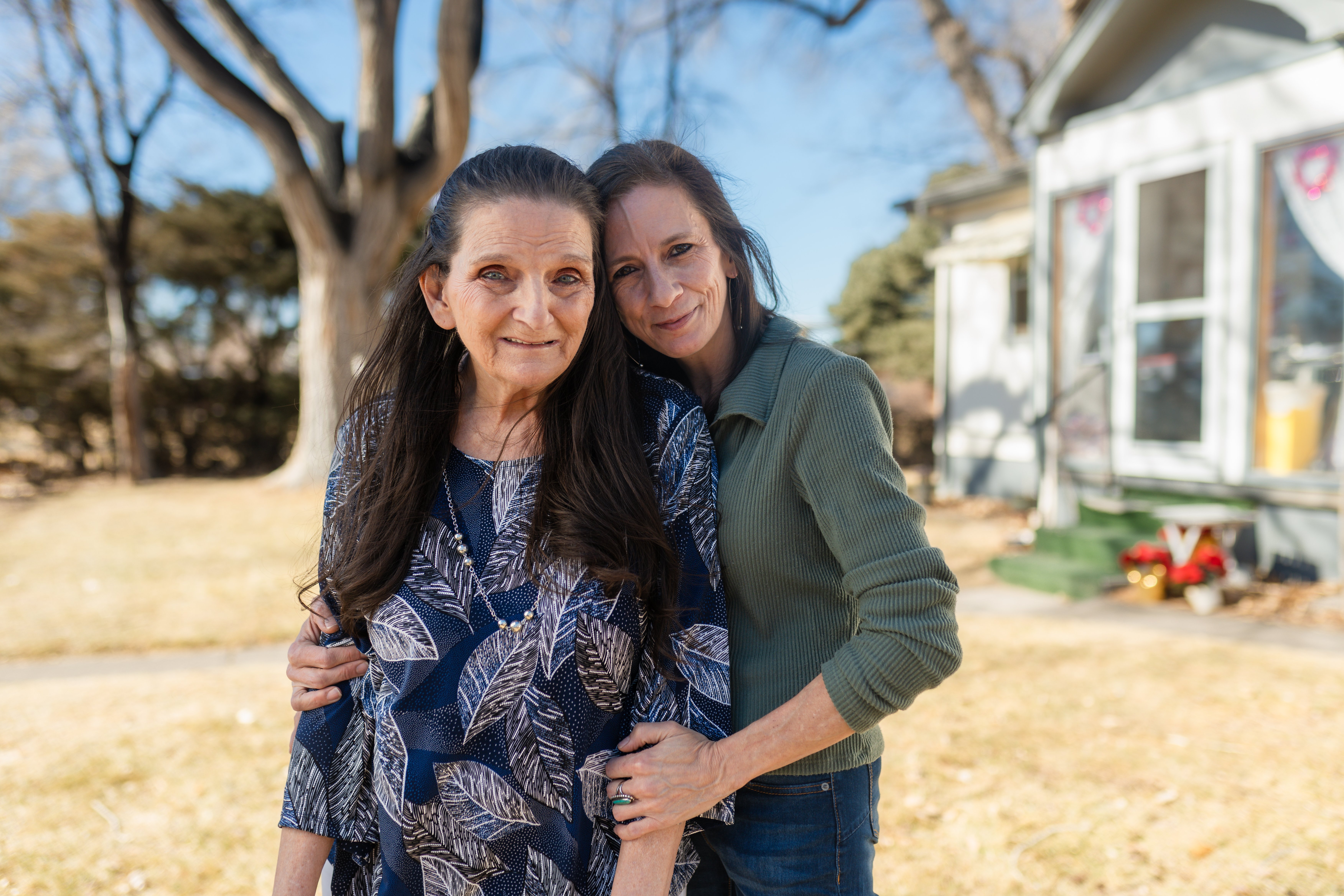The “Kidney Club” That Helps a Colorado Woman Avoid Dialysis
Interwell Health helped Alice Lasater change her habits and avoid dialysis.
tags

Alice Lasater, a 69-year-old grandmother from Pueblo, Colorado, picks up a little spoon to measure out the tiniest amount of salt for her daily allowance. Over the last year, she has steadily reduced that amount in her effort to eat a more kidney-friendly diet and lower her blood pressure.
“I keep a little dish of salt at the table, and my daily amount of salt comes out of that,” Alice explained. “Most days, I find I don't really need it anymore.”
An unexpected diagnosis
After a 30-year career as a medical transcriptionist, Alice began struggling with chronic pain and other health conditions that forced her into early retirement. Most people look forward to retirement and hope they are healthy enough to enjoy it. Alice says that for her, it was a tough transition.
“All of a sudden, your income drops a lot and your expenses don't. Then you get these health issues, and so it got kind of scary.”
Her husband of 40 years had also been diagnosed with emphysema, and she was anxious about staying healthy enough to care for him. Then in 2022, after a series of hospitalizations, she learned she had late-stage kidney disease.
“I was scared, and I was close to kidney failure and facing dialysis,” she said. “The doctor said that high blood pressure is probably the main contributing factor. There's no cure for it.”
Her guardian angels
Because Alice’s health insurer had partnered with Interwell Health, she learned that a full team was available to support and educate her. Her nephrologist also suggested that she take advantage of this incredible resource that would not cost her anything.
“I call it my kidney club,” Alice said. “There's a nutritionist and a nurse and a social worker. And this girl that coordinates all of them.”
“If I didn't have Interwell, I know I wouldn't be doing as well as I am. As far as I'm concerned, Interwell saved my life.”

Early on, Alice asked to spend a lot of time with the dietitian who taught her which foods to avoid, and how to eat a diet that might help slow the progression of her disease, including lowering her salt intake. She also received recipes in the mail, as well as detailed information about kidney disease that she could discuss with her Interwell nurse.
“Doctors probably know that information, but they don't have the time to really go over so much detail with each patient,” Alice said. “Interwell made me feel like they were sitting down at the kitchen table with me and a cup of coffee, and we'll sit here and hash this out if it takes the whole pot.
“I think of them as my guardian angels. A lot of the things that the dietitians and the nurses have taught me are actually easier than the way I was doing it before.”
Improving kidney function
With one of her daughters often by her side, Alice will go on short walks for exercise or visit her local supermarket to get the foods she needs to maintain her healthy habits. All that hard work is paying off.

“I'm doing better, and I'm feeling better. I'm more productive, get around better, take care of myself and my family better. The last time I saw my doctor, he said, ‘Whatever you're doing, keep doing it.’”
Alice’s kidney function has improved enough that she no longer fears she will suddenly end up in the hospital on dialysis. She hasn’t had a hospitalization in over 18 months and is more hopeful about the future. And she says her “kidney club” made all the difference.
“If I didn't have Interwell, I know I wouldn't be doing as well as I am. My whole family wouldn't be because they'd have to be taking care of me. As far as I'm concerned, Interwell saved my life.”